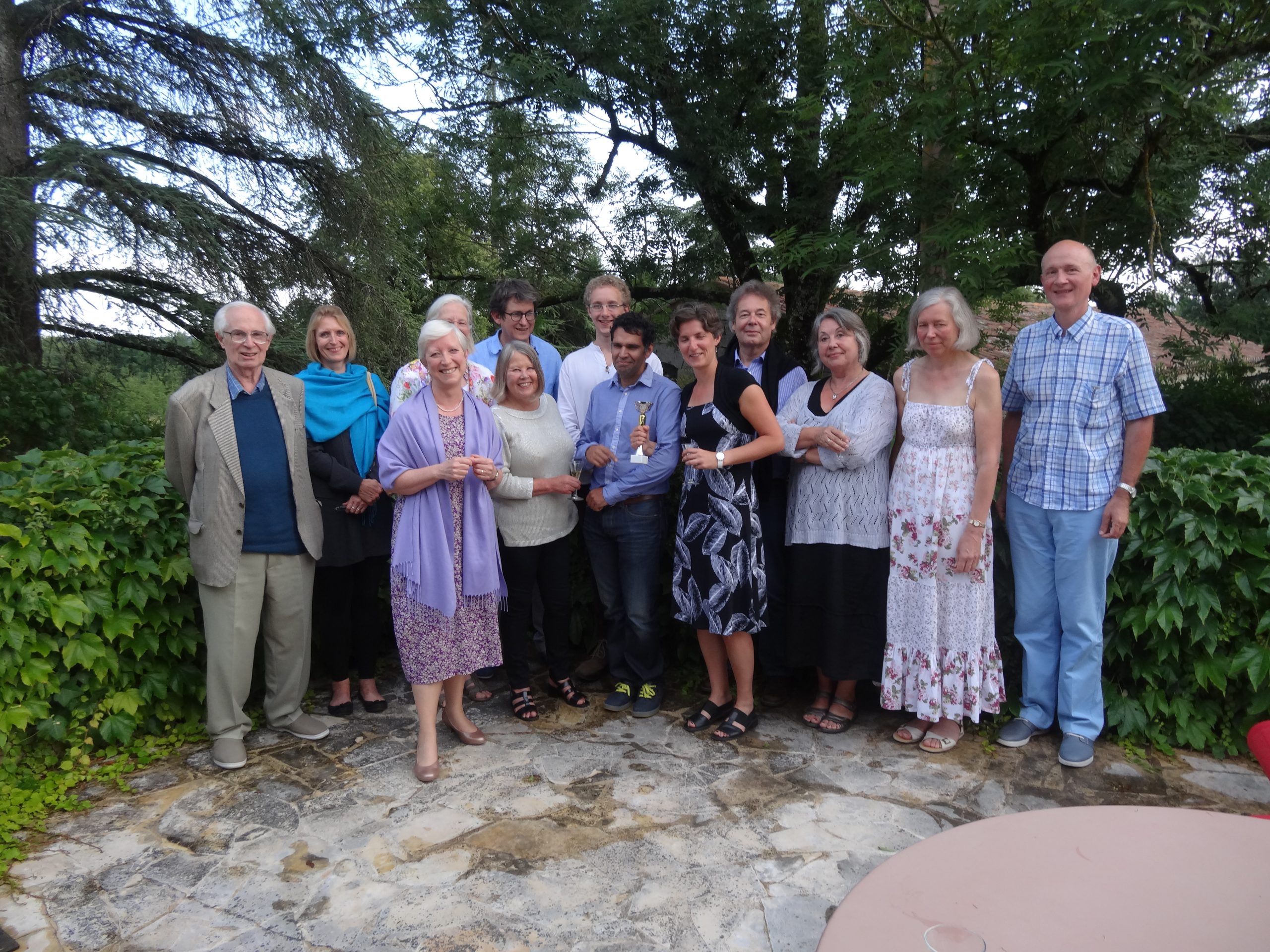 I’ve spent the past week teaching a piano course in the south of France. Stormy weather accompanied our music-making, and the temperatures were unseasonally low, though we were sometimes grateful that cooler weather made it easier to work.
I’ve spent the past week teaching a piano course in the south of France. Stormy weather accompanied our music-making, and the temperatures were unseasonally low, though we were sometimes grateful that cooler weather made it easier to work.
My class of pianists was a very interesting group to teach. All of them have demanding day jobs, but have managed to keep piano playing as a serious hobby, if ‘hobby’ is not too light a word for an activity which clearly means so much to many of them. Despite being short of time to practise, they all contrive to make time for the piano, and indeed claimed that playing the piano brings essential balance to their lives. They get up early to play, stay up late, and have sometimes managed to have pianos delivered to unusual and far-flung workplaces so that they can continue to play in the lull between meetings or other exciting events. Many of them devote some holiday time to attending piano courses. We had some interesting discussions about the best way to practise if you are ‘time-poor’, as many of them are.
Participants had brought libraries of music for piano duet (four hands at one piano) or piano duo (four hands at two pianos) and even more – six hands, eight hands and so on. These duets were played late into the night. We were reminded that back in the nineteenth century, before the age of recording, transcriptions of orchestral or chamber works for piano duet were a standard way of getting to know this music. Many music-lovers only knew these works as piano duets, as opportunities to hear a live orchestral concert may have been rare in their home town. In fact, I had brought along an old 19th-century edition of some Schumann solo piano music, and when I got it out during the week to practise it for a concert, I noticed for the first time that the title page described it as a work ‘for two hands at the piano’. The fact that a publisher thought it worth stating that only two hands were involved seemed to indicate that it was very common back then to buy piano music for multiple players. These days, no publisher would think it necessary to state that a new piano piece was for two hands.
It is always a pleasure to teach people so highly motivated. They are hungry for information, and they know how to deal with it when they get it. You can see appreciable change during the week. And when things go well for them in performance, their success is greeted with genuine and uncomplicated enthusiasm by the rest of the group. I remarked on this, and was told that I was not the first visiting tutor to comment on how different this is from some professional scenarios.




0 Comments